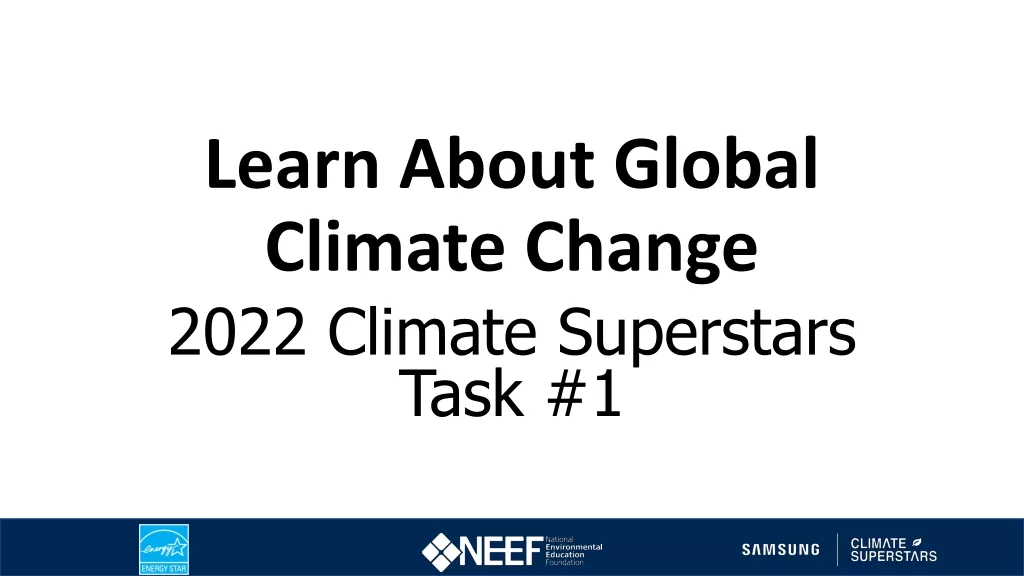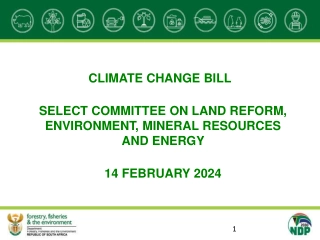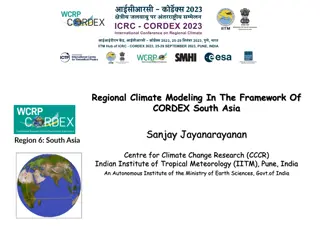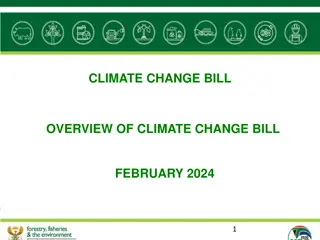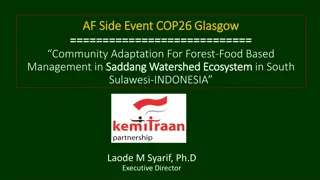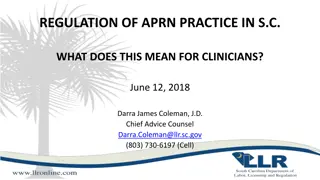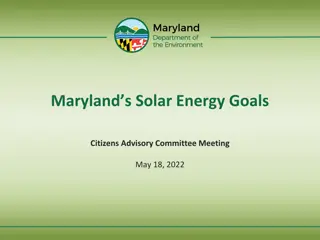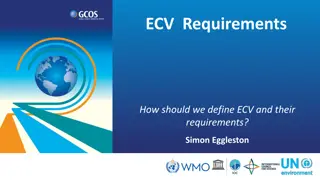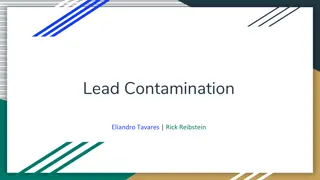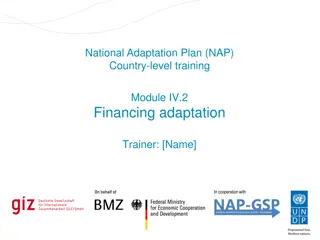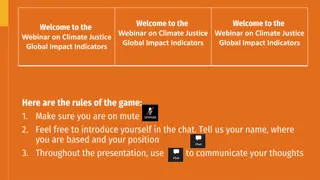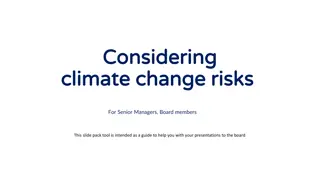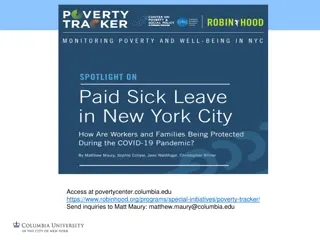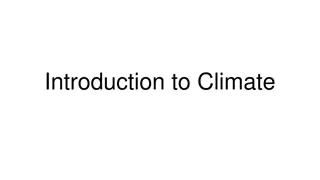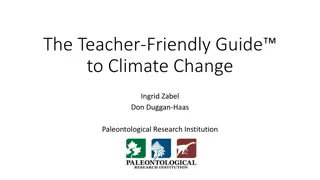Effective Climate Legislation and State Responsibilities
The NMBI (Not In My Backyard) model legislation aims to ban new climate-damaging projects in South Australia, with immediate effect if climate-safe alternatives exist. State and Territory governments have primary power over fossil fuel extraction, infrastructure project approvals, and more, showcasing their role in climate action. The push towards renewable energy sources in SA challenges myths around the need for gas supplies and the economic benefits of oil and gas industries. The potential impacts of offshore oil exploration in the Bight highlight the importance of sustainable energy practices.
Download Presentation

Please find below an Image/Link to download the presentation.
The content on the website is provided AS IS for your information and personal use only. It may not be sold, licensed, or shared on other websites without obtaining consent from the author.If you encounter any issues during the download, it is possible that the publisher has removed the file from their server.
You are allowed to download the files provided on this website for personal or commercial use, subject to the condition that they are used lawfully. All files are the property of their respective owners.
The content on the website is provided AS IS for your information and personal use only. It may not be sold, licensed, or shared on other websites without obtaining consent from the author.
E N D
Presentation Transcript
NMBI (nimby) model legislation would ban all NEW climate-damaging projects in SA, effective immediately in cases where climate-safe alternatives are already available. In other cases, strategies and timelines would be adopted for future bans
SA Govt climate duty of care STATE PLANNING POLICY 5: CLIMATE CHANGE Objective 8: Support development that does not contribute to increasing our vulnerability or exacerbating the impacts of climate change and which makes the fullest possible contribution to mitigation.
State/Territory Govts have power! Myth 1: We need action at the federal level to protect us from increased climate risk State/Territory governments have primary power in their own jurisdiction over: Fossil fuel extraction and infrastructure project approvals Granting of exploration licences Building codes, public transport, etc Victoria has banned all new onshore gas extraction and Queensland has banned underground coal gasification (UCG)
SA a proud renewables pioneer Myth 2: We need more gas to guarantee supply AEMO: SA will have 100% renewable electricity by 2025. Gas-fired electricity is useful to fill in the gaps, but 2017 subsidies for new gas projects guaranteed SA has first call if we need that gas. SA could easily ban NEW fossil fuel extraction. We don t need more gas to keep the lights on .
Climate safety vs financial benefit Myth 3: Oil and gas are good for the economy 2017 oil and gas SA royalties: $120 million Banning NEW oil and gas: miss out on $??? Most oil and gas companies pay no PRRT or tax No state royalties from offshore oil in the Bight More jobs from new solar and wind projects
New gas wells mean more gas exports Myth 4: We need more gas for our own use Gas exports benefit shareholders, not Australia
Impacts on SA of oil from the Bight Statoil likely to export all the oil SA will get no royalties because it is offshore Statoil will pay no PRRT or income tax Statoil gets all the benefit we get none SA bears the consequences of any oil spill Carbon emissions will potentially negate all climate benefit from SA renewables success A federal issue, but SA should object strongly!
SA Liberals climate heroes? Best placed to break partisan climate divide Can model climate duty-of-care without risk of losing votes Could initiate a cross-party climate caucus Able to change the public/media conversation Can educate the public to break the fossil fuel benefit myths Common-sense climate benefit at almost no cost SA could be proud state-level climate pioneers


